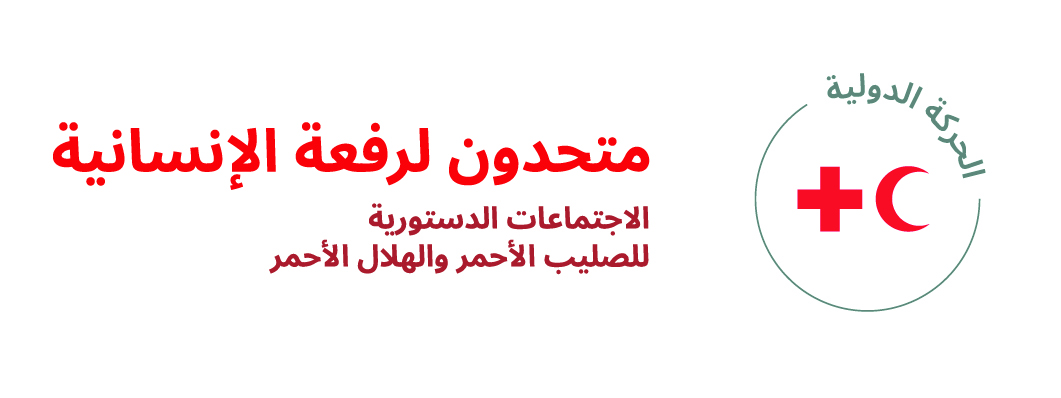أ) أهداف التعهد
Sudan’s ratification of international IHL agreements:
- The four Geneva Conventions of 1949, ratified in 1957;
- The Additional Protocol I of 1977 relating to international armed conflicts, ratified in March 2006;
- Additional Protocol II of 1977 relating to non-international armed conflicts, ratified in March 2006;
- The Optional Protocol to the Convention on the Rights of the Child on the Involvement of Children in Armed Conflict (OPAC); and
- Convention on the Prohibition of Military or Any Other Hostile Use of Environmental Modification Techniques (ENMOD Convention) of 1976, in addition to a set of conventions on the prohibition of certain types of weapons with adverse impact on human health and the environment.
II: Harmonization of National Legislation with International Humanitarian Law
- Amendments to the 1991 Penal Code to include Section XVIII, which addresses war crimes, genocide, and crimes against humanity.
- Amendments to the 2007 Armed Forces Law to add a whole section that penalizes war crimes and crimes against humanity (2013).
- The 1991 Criminal Procedure Code, as amended in 2020 – The 2001 Environmental Protection Law (EPL).
- The 2001 Anti-Terrorism Law – The 2018 Anti-Cybercrime Law, as amended in 2020.
- Other relevant laws.
III: National Mechanisms and Key Committees Related to International Humanitarian Law
- The National Committee for International Humanitarian Law
- The National Committee for the Investigation of Crimes and Violations of Criminal Law and International Humanitarian Law, headed by the Attorney General (2023).
(C) The National Coordination Body for Security Council Resolution No. 1591 concerning the implementation of the arms embargo on Darfur, Sudan.
(D) The National Committee for the Protection of Civilians (2020),
(E) The High Committee for Children in Armed Conflict,
(F) The National Committee for Security Council Resolution 1325 on Women, Peace, and Security (2020),
(G) The Committee to Study the International Committee of the Red Cross Convention on Persons Deprived of Their Liberty (2022), and
(H) The Committee on Reform of the Prisons Act (2023).
ب) خطة العمل:
The state has adopted several programs, projects, plans, and policies, in addition to relief plans for wartime conditions. The general plan includes:
- Ensuring respect for International Humanitarian Law (IHL) and raising awareness of its provisions and principles, in addition to working to promote and integrate IHL into national plans and programs through regular awareness workshops in the eighteen (18) states, with a focus on the states of Darfur, Blue Nile, and South Kordofan.n.
- Implementing regular training workshops for law enforcers (judges, prosecutors, police, etc.).
- Conducting awareness workshops and competitions for law school students to introduce them to IHL.
- Strengthening cooperation with the International Committee of the Red Cross (ICRC), the Sudanese Red Crescent Society (SRCS), and parallel country and national societies.
- Mobilizing technical assistance from the organizations and international community – Training of Trainers (TOT).
- Reviewing and harmonizing national legislation in accordance with Sudan’s obligations under the international and regional IHL agreements.
- Operationalization of national plans for the protection of civilians, women, peace, security, and children.
- Emphasizing the importance of participating in international conferences and meetings on IHL.
ج) مؤشرات قياس التقدم المحرز
Challenges
- The inadequacy of the budget and a lack of supporting entities for plans and policies.
- The absence of field monitoring mechanisms due to the ongoing armed conflict and the widespread participation of armed struggle forces and popular resistance in combat, without ensuring they have received sufficient IHL training.
- The difficulty of performing required tasks at their optimal level due to the security situations.
- The withdrawal of humanitarian and voluntary organizations and donors in providing humanitarian assistance.
In conclusion, we appeal to the international organizations and donors to provide technical and logistical support to enable the state to fulfill its obligations.
د) الآثار المترتبة على الموارد:
Nil




